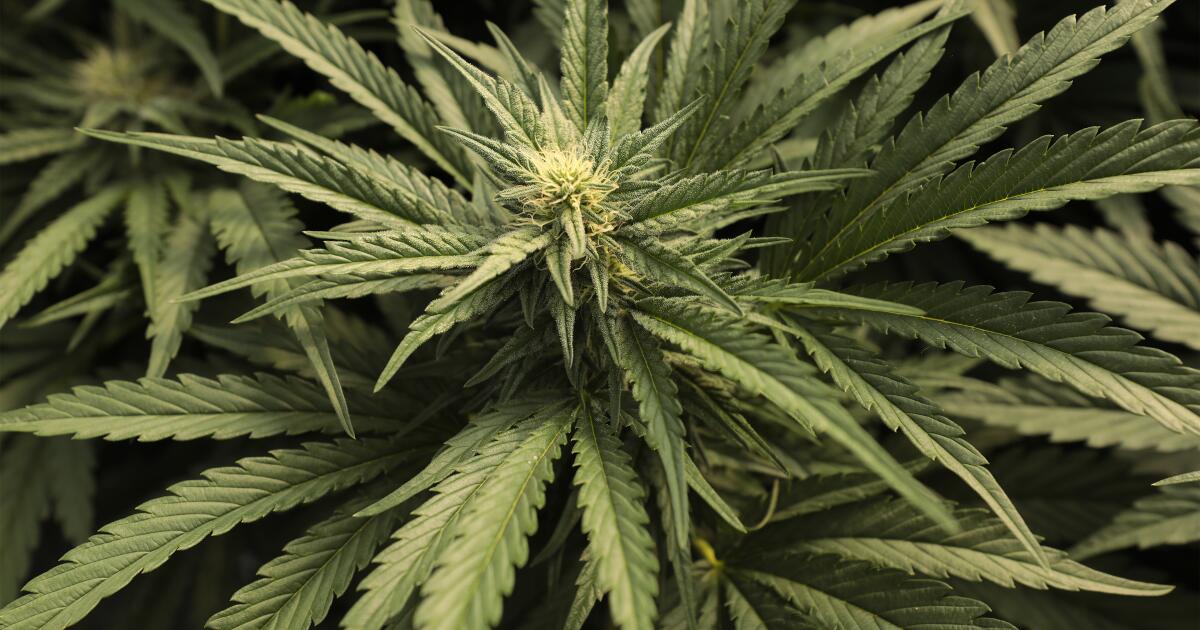L.A. cannabis businesses owe $400 million. The city may get only $30 million
Los Angeles cannabis businesses that owe back taxes wouldn’t have to pay late fees and interest under an “amnesty” program proposed by the City Council.
To qualify, the businesses would have to pay their city taxes within three years.
The council’s unanimous vote on Tuesday, asking the Office of Finance to draft language creating the program, comes at a time when city leaders are searching for money to cover basic services after closing a $1-billion budget gap.
More than 500 of the roughly 700 licensed cannabis businesses in the city collectively owed about $400 million in taxes — an amount that includes $100 million in penalties and $35 million in interest, according to an October report from the Office of Finance.
The total amount owed increased to $417 million as of December, according to Matthew Crawford, the office’s assistant director.
But only about $150 million is collectible, since some tax debts are outside of the three-year statute of limitations and some cannabis businesses are no longer operating.
Based on a projection that about half of eligible cannabis businesses would take part in the program, the city would collect about $30 million in back taxes while waiving about $25 million in penalties, the October report said.
Under the amnesty program, about 20% of the revenue would go to the city’s general fund and the Office of Finance. The Los Angeles Police Department and the city attorney’s office would receive about 40% for illegal cannabis enforcement, and the remaining 40% would fund social equity grants to cannabis operators, particularly members of low-income and minority communities that have been subject to disparate enforcement of criminal cannabis laws.
“The city finds itself with a unique opportunity to bring businesses into compliance and, at the same time, properly fund cannabis industry-centric programming,” City Councilmember Imelda Padilla said during Tuesday’s meeting.
Owners of cannabis businesses say the 10% city tax rate on their gross sales is exorbitant, at the same time that illegal cannabis businesses have carved out a chunk of the market.
“Not only are we competing against the illicit market, we’re competing against licensed dispensaries that the city is allowing to stay open who have made it their business model to not pay tax,” Daniel Sosa, who owns four cannabis dispensaries in the city, told the council on Tuesday.
The amnesty program should be mandatory for businesses that are behind on their taxes, and those who default on their payments should have their licenses stripped, Sosa said.
Sosa said that the tax on cannabis sales should be “just like every other business pays in the city: guns, tobacco, alcohol, major, major billion dollar corporations.”
Other business tax rates in the city range from 0.11% to 0.425%, according to Crawford.
Last month, the council placed a cannabis-related measure on the June 2 ballot that, if approved by voters, would close a tax loophole for illegal cannabis businesses and open them up to the threat of civil collection.
